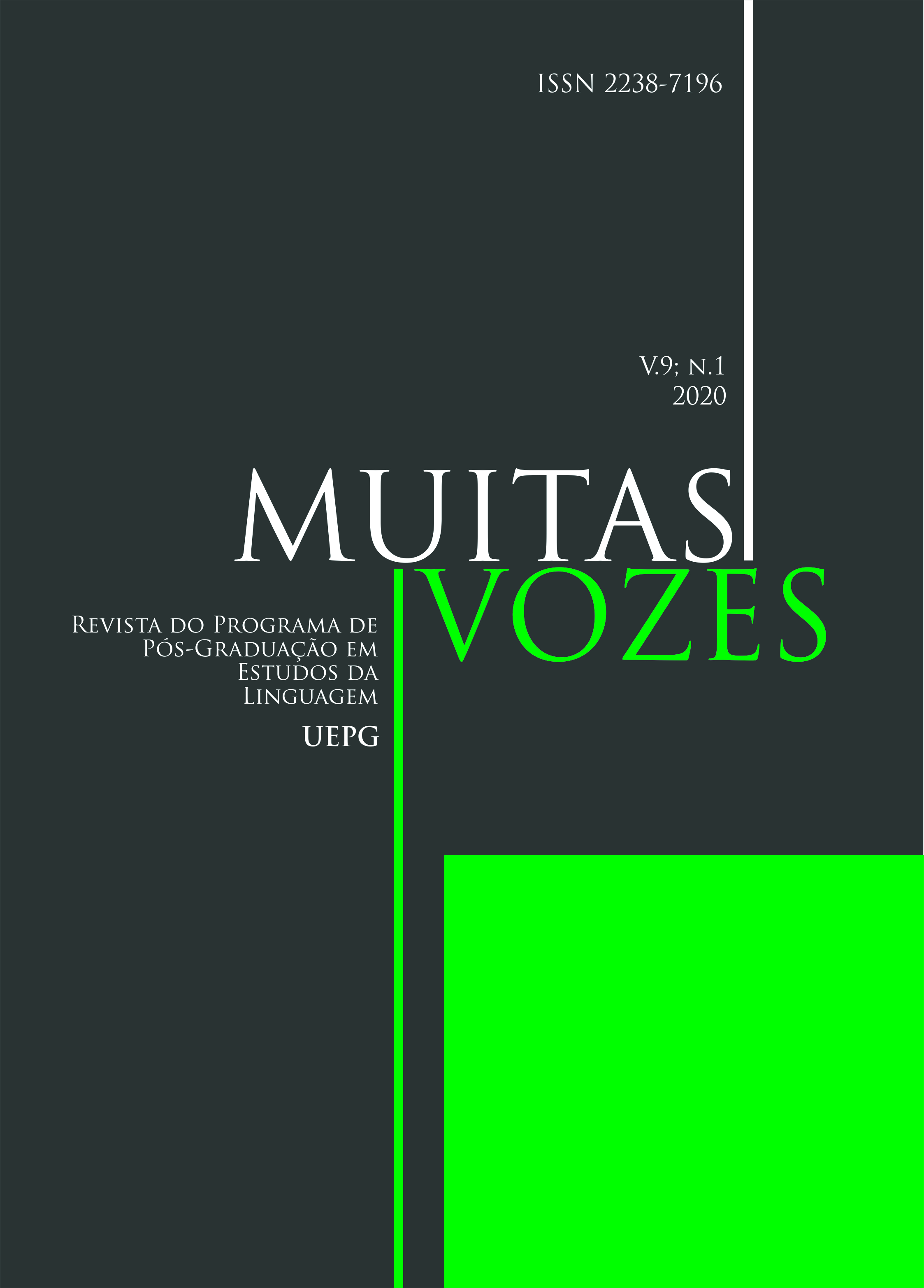ARGUMENTOS FRONTEADOS NA PERIFERIA À ESQUERDA DE ORAÇÕES CONDICIONAIS CENTRAIS NO PORTUGUÊS BRASILEIRO: UM PROCESSO DE CLITIC LEFT DISLOCATION COM RETOMADA PRONOMINAL VISÍVEL OU NULA
Résumé
Estudando o fronteamento de constituintes na língua inglesa, Haegeman (2012) constatou que, em orações condicionais introduzidas pela conjunção “if” (em português, se), não pode haver topicalização de argumento para a periferia da sentença, visto que a conjunção “if” bloqueia qualquer movimento de constituinte para essa posição. Isso pode ser ilustrado a partir da seguinte sentença em inglês (cf. HAEGEMAN, 2006, p. 33): “*If the exams you don’t pass you won’t get the degree”. Por outro lado, diferentemente do inglês, é possível o fronteamento tanto de adjuntos como de argumentos em orações condicionais no português e no italiano, como pode ser visto em: “Se ao menos o pão ela tivesse comprado, não estaríamos com fome”. Dada essa discrepância, este estudo busca fazer uma análise gerativa translinguística, de modo a sugerir, por meio de alguns testes, que no português e no italiano, quando há fronteamento de constituintes em orações condicionais introduzidas por “se”, os argumentos nascem na periferia à esquerda, sendo, portanto, provenientes de um processo de deslocamento à esquerda clítica. Isso seria possível em virtude da existência de objetos nulos em certas línguas, como é o caso do português brasileiro (Cyrino, 1994), que permite retomada pronominal visível ou nula.
Téléchargements
Téléchargements
Publié-e
Comment citer
Numéro
Rubrique
Licence

Este obra está licenciado com uma Licença Creative Commons Atribuição 4.0 Internacional.
Transferência de direitos autorais: Caso o artigo submetido seja aprovado para publicação, JÁ FICA ACORDADO QUE o autor AUTORIZA a UEPG a reproduzi-lo e publicá-lo na REVISTA MUITAS VOZES, entendendo-se os termos "reprodução" e "publicação" conforme definição respectivamente dos incisos VI e I do artigo 5° da Lei 9610/98. O ARTIGO poderá ser acessado tanto pela rede mundial de computadores (WWW - Internet), como pela versão impressa, sendo permitidas, A TÍTULO GRATUITO, a consulta e a reprodução de exemplar do ARTIGO para uso próprio de quem a consulta. ESSA autorização de publicação não tem limitação de tempo, FICANDO A UEPG responsável pela manutenção da identificação DO AUTOR do ARTIGO.



